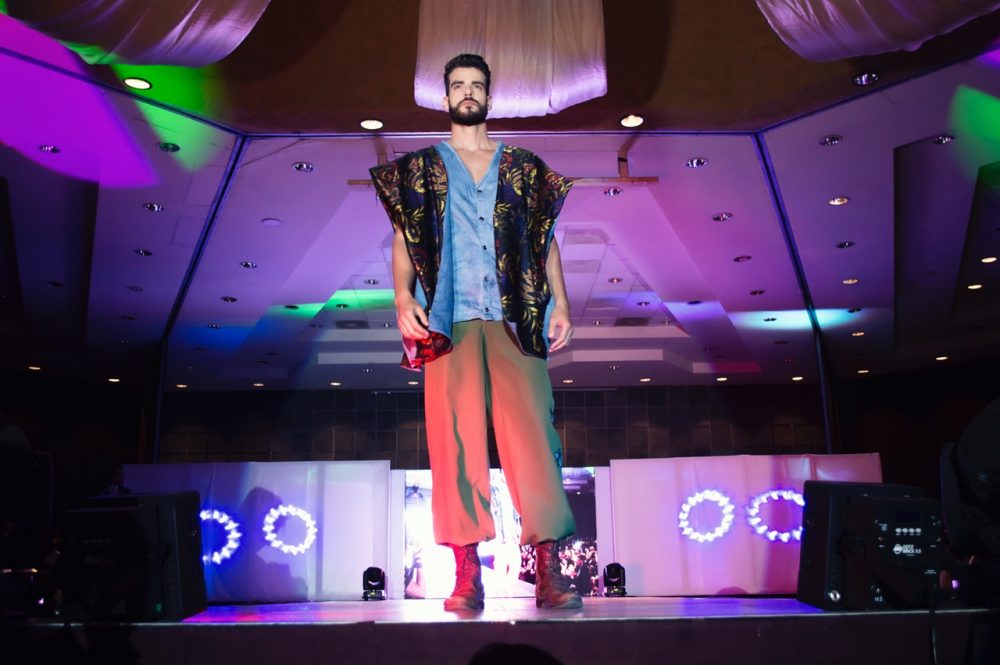
The fatal collapse of a structure in Bangladesh has actually triggered major concerns about the fashion business’s use of sweatshops and inexpensive labour. It may be the reason you can buy shoes online for next to nothing, but it is damaging to the people who work in poor conditions to make them.
More than 380 individuals passed away when the eight-storey Rana Plaza structure collapsed on the borders of the capital recently.
Some 2,500 individuals have been rescued however hundreds are still missing, and voices of survivors have now faded from the twisted wreck.
Famous style brand names like Benetton and Mango have been linked in the catastrophe. However much more business – consisting of ones in Australia – source their items from Bangladesh, the workhorse of the worldwide fashion business, making anything from womens shoes to sari’s. They and extension builders are now under major pressure to make sure employees are not made use of or required to operate in fatal conditions.
Karen Webster, the previous head of the Melbourne Fashion Festival, states the catastrophe has impacted the regional market. I personally feel entirely ravaged about it. I believe from a fashion business viewpoint it’s been a significant wake-up call for all individuals.
She stated,“I personally feel completely devastated about it. I think from a fashion industry perspective it’s been a major wake-up call for all people”. She warned that organisations producing offshore would need to be taking a look at how their garments and women’s shoes are being produced and making certain they are being made in sufficient conditions as much of the infrastructure in third world companies does not meet Australian standards with guarantees such as owner builder insurance non-existent for new factories
The fashion business offers employment for countless individuals in Bangladesh, and represent 80 percent of the country’s export revenues. However, it can be unsafe work. In the past years, nearly 1,000 employees have been killed in accidents.
Police have jailed the owner of the structure and 3 owners of export-oriented garment factories for requiring the employees to operate in the structure in spite of it establishing noticeable fractures a day prior to the disaster. The tragedy highlights not only issues in the fashion industry but also the inadequate construction management and building standards within the country.
The owners of 3 of the factories and its 2nd storey additions based in the damaged structure have likewise been accused of carelessness triggering death. Nationally a string of Australian business consisting of Kmart, Target, Big W and Cotton On sell items that are made in Bangladesh. All state they demand rigorous standards on security and employees’ rights, and carry out routine audits of their Bangladeshi providers.
However no business seems prepared to discuss in detail simply how they guarantee safe working conditions. For David Jones there are more major ramifications because of its agreement with Spanish clothes label Mango. Mango items were made in the Rana Plaza structure, and David Jones is now reassessing its relationship with the brand name.
The outlet store states it is now talking with Mango to make sure much better requirements are fulfilled prior to the label being offered in DJ’s shops later on this year. However, that is the sort of dedication Michele O’Neil, the nationwide secretary of the Fabric, Clothes and Shoes Union of Australia, does not trust. He said, “If business aren’t revealing to the general public their supply chain and every one of their providers, there’s a reason for it.”
Several inquiries asking each business for a place of their Bangladeshi providers, and for a copy of their audit reports resulted in no information being provided. Without the names of the factories, addresses and information of the factories, it has to be asked how can it ever be individually examined and confirmed? Ms Webster hopes the catastrophe will likewise stimulate significant modification for customers.
“Maybe we need to just stop and think. Do we need so much cheap stuff in our wardrobes? Should we sit back and start buying less, buying better, buying local?” It is a valid point Ms Webster raises as it is certain that factories in Australia would never have a similar disaster occur, even for low quality products like women’s sneakers, and certainly a factory that is so structurally damaged would be flagged by several builders insurance brokers, government bodies and hopefully the employees themselves. We have to ask why we accept a lesser standard when our clothes are made overseas.